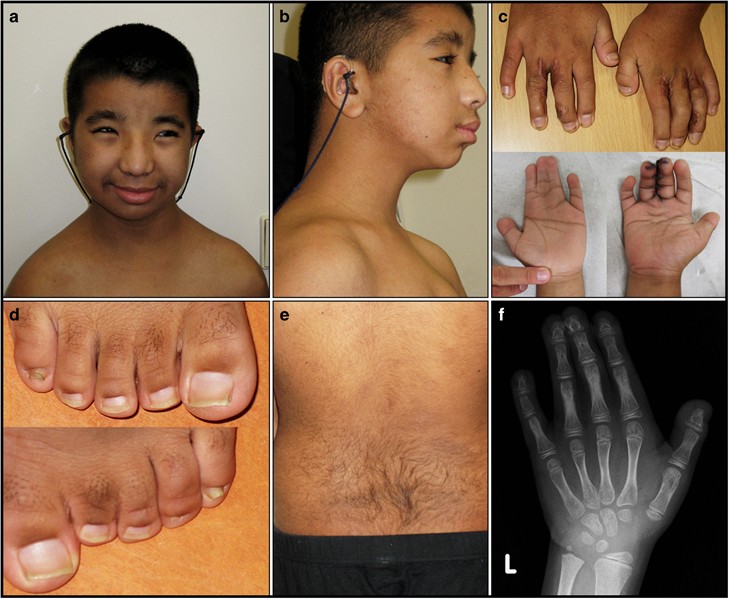Psychiatric Profile in Rubinstein-Taybi Syndrome
Por um escritor misterioso
Descrição
Patients with undetected genetic syndromes do occur in clinical psychiatry, and the clinician has to consider such disorders in cases with disturbed development, dysmorphias and somatic comorbidity. Background:The diagnosis of Rubinstein-Taybi syndrome (RTS) is primarily clinical and based on the characteristic phenotype that is often combined with a variety of somatic anomalies and psychiatric disorders. Sampling and Methods:In this paper, a review is presented of the psychiatric and behavioural aspects of RTS. This is illustrated with a case report. Results:Behavioural aspects of about 150 patients are described, and include a variable degree of mental retardation, impulsivity, distractibility, instability of mood and stereotypies. In general, patients with RTS are described as sociable and friendly. Information about brain pathology is virtually absent. In about half of the cases, the syndrome is caused by a mutation or deletion of the CREB-binding protein (CBP) gene (16p13.3). The case report deals with an adult male who was referred for impulsivity and temper outbursts. A provisional diagnosis of atypical depression was made, and treatment with citalopram resulted in a remarkable amelioration of his mood and behaviour that persisted for more than 2 years (last observation). Conclusion:Patients with undetected genetic syndromes do occur in clinical psychiatry, and the clinician has to consider such disorders in cases with disturbed development, dysmorphias and somatic comorbidity.
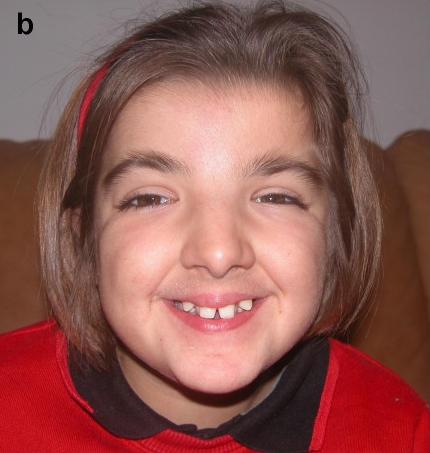
Forgotten Diseases Research Foundation

Psychiatric Profile in Rubinstein-Taybi Syndrome
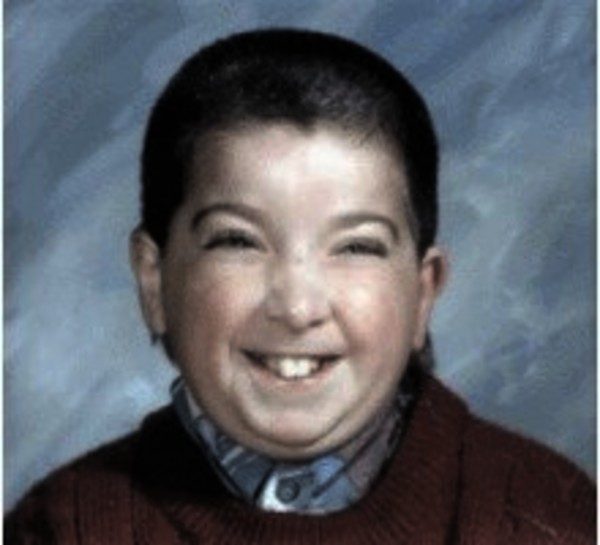
Rubinstein-Taybi syndrome: MedlinePlus Genetics

Facial dysmorphism, skeletal anomalies, congenital glucoma
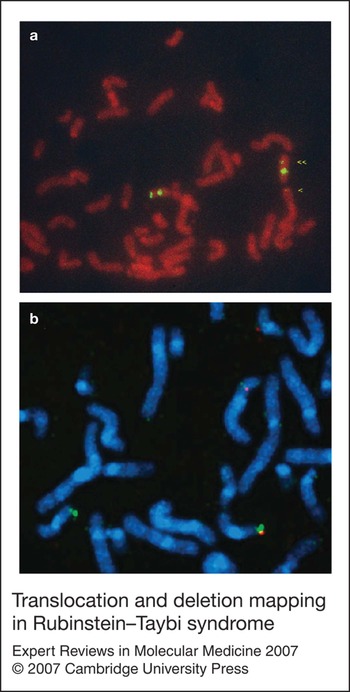
Rubinstein–Taybi syndrome: clinical and molecular overview

Opposing Effects of CREBBP Mutations Govern the Phenotype of

Ocular symptoms in patients with Rubinstein-Taybi syndrome; 117
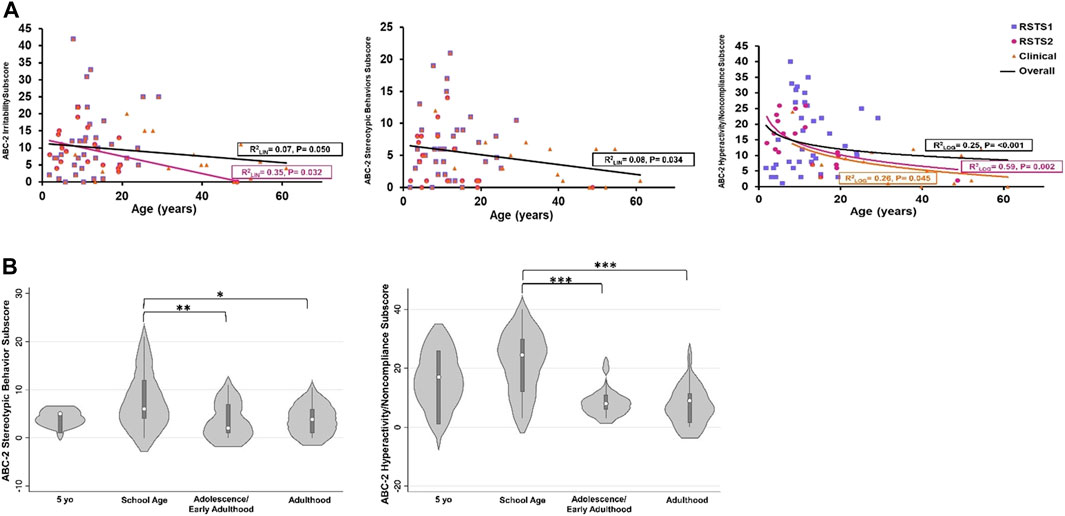
Frontiers Behavioral and neuropsychiatric challenges across the

Rubinstein–Taybi syndrome in diverse populations - Tekendo

Diagnostic analysis of the Rubinstein-Taybi syndrome: five cosmids
de
por adulto (o preço varia de acordo com o tamanho do grupo)


